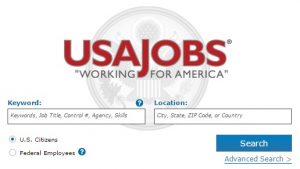Which OCI Offer to Accept?
Posted: September 25th, 2015
You’ve aced the OCIs. You’ve convinced multiple employers that you’re the one for them, and you’re now in the enviable position of juggling offers for that coveted summer position. Now time to choose the employer that is actually right for you with some careful advice:
1. You have 28 days from the date of the offer letter to decide whether to accept or not, assuming the firm is a NALP member. Once you’ve made your decision, let employers know and don’t wait until day 28 just for the sake of it. (Read NALP’s General Standards for different timeframes depending on circumstances.)
2. Speak to current and former lawyers at each firm, though bear in mind that experiences of the same company can vary dramatically and things may be different when you (hopefully) join as an associate in two years’ time. Many employers are happy for you to revisit them during the offer period and some may even invite you to dinner (go if you can).
3. Focus on the work. What is each company’s core business? Which practices have been expanding/contracting? How will work be allocated? Will you rotate through practice areas as a junior associate or stay in just one? If you don’t know or care what work you’ll do, try to keep it broad – choose an employer that will keep doors open.
4. Be honest with yourself about your personality and genuine interests. What vibe did you get with your interviewers during OCIs and the callback interviews? Who did you really click with? Would you rather work downtown or in the more rural areas? Do you value a world-wide legal company or close ties to the region?
5. It’s never too soon to consider your exit options. Where do departing associates move to next? How would this employer look on your resume – to help your long term career goals or not? If you think you might want to join private equity, or government, or a corporation in a few years then join a company that excels most at what you want to do.
6. Decline offers as soon as you can, thanking each employer for its time. This could be the person you receive the offer letter from, the interviewer or recruiting director. We’d advise that after phoning it’s best to send a short follow-up email too. Try to speak to the person and don’t just leave a voicemail. Your paths may cross again in future, so leave a good impression.
“Select a good initial experience. Get the best training possible. Those first few years of training and legal practice are more important than people realize. If you have a clear sense that you want to be a tax, corporate, litigation or administrative lawyer, then go to a law firm that will give you a well-rounded experience in that area. If you don’t know what area you’re interested in, go to the best law firm you can get into and learn how to become a general lawyer, while you figure out what your passion is.”
– Rudy Giuliani, Bracewell & Giuliani






